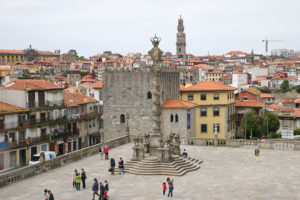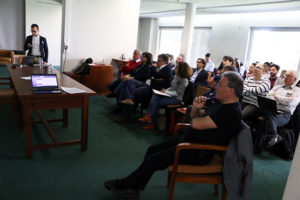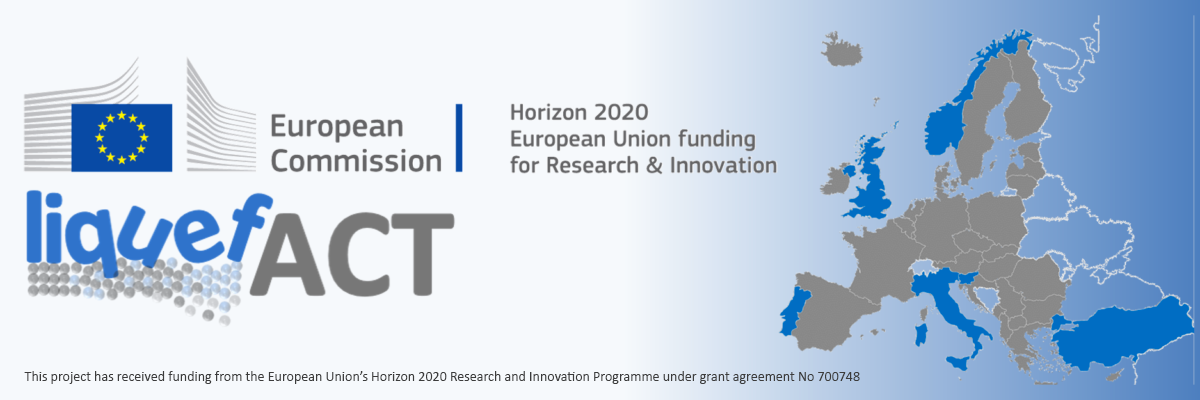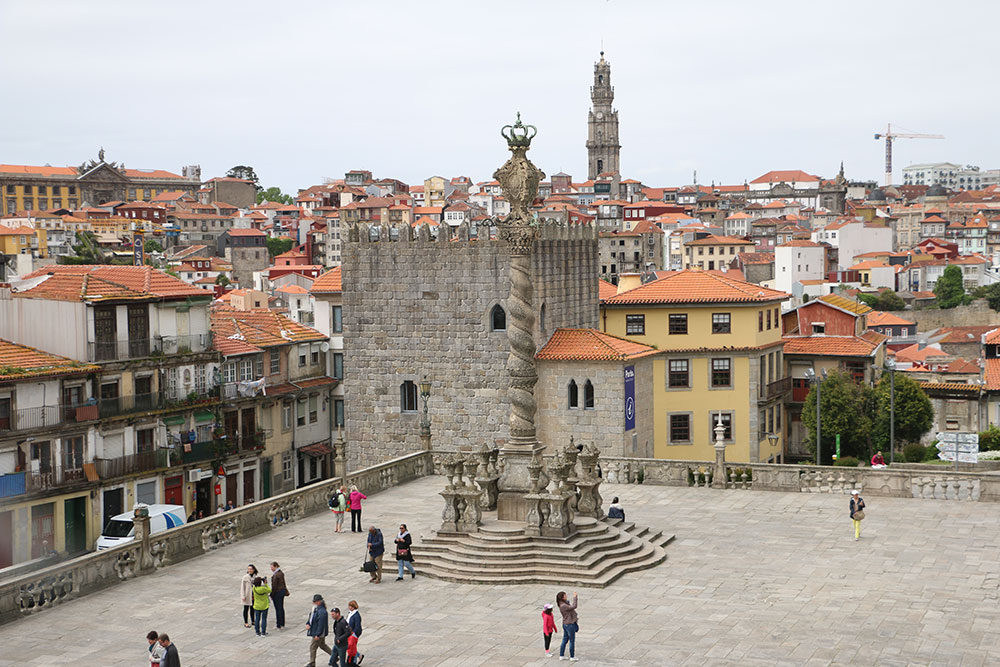During the first week of May, the LiquefACT project partners met in Porto for the fourth Consortium Meeting hosted by Paço Episcopal and Universidade do Porto. The project consortium thanks Prof. António Viana da Fonseca and his colleagues of University of Porto for organizing such a successful and productive meeting that captured the project progress and allowed a fruitful exchange of ideas and opinions within the consortium.
Work Package 2, led by University of Pavia, presented the new GIS platform for liquefaction hazard assessment in Europe, the results of the ground characterization of areas selected as testing sites and the progress in building the GIS-base catalogue of historical liquefaction occurrences.
Work Package 3, led by University of Porto, showed the progress in developing methods to calculate fragility functions for buildings of different typologies and resistant systems and two kinds of horizontal infrastructures through both analytical and empirical methods.
Work Package 4, led by University of Naples Federico II, described the advancement in numerical modelling of different mitigation measures supported by the results of laboratory tests. The detailed field test plan to validate the effectiveness of selected mitigation methods was also presented.
Work Package 5, led by Anglia Ruskin University, explained the progresses made in customizing the UNISDR scorecard to assess the community resilience to liquefaction occurrences, in shaping the tool to assess the critical infrastructure resilience, in preparing the Built Asset Management plan and the outline framework for cost-benefit analysis to liquefaction mitigation for community resilience.
Work Package 6, led by NorSAR, presented a prelaminar version of the software LRG, in which all models, maps and results are progressively added.
Work Package 7, led by University of Cassino and the Southern Italy, described the process identified to collect the data to validate the framework implemented in the LRG software and a first draft of the guideline for ground improvement technologies to mitigate the liquefaction risk on critical infrastructures.
Work Package 8, led by Trevi S.p.A, presented the statistics of visitors of LiquefACT website and social media profiles and the special sessions dedicated to LiquefACT organized in upcoming 16th European Conference in Earthquake Engineering (Thassaloniki, Greece, June 2018) and 7th International Conference in Earthquake Geotechnical Engineering (Rome, Italy, June 2019).
The presentation of Work Package 9, Project management, highlighted that the project scientific work progresses according to the plan in the grant agreement. The project coordinator, Prof. Jones, congratulated all meeting and project participants on the hard and productive work that contributed to the expected results. The project consortium agreed to meet in Oslo for next project meeting in the first week of October.



